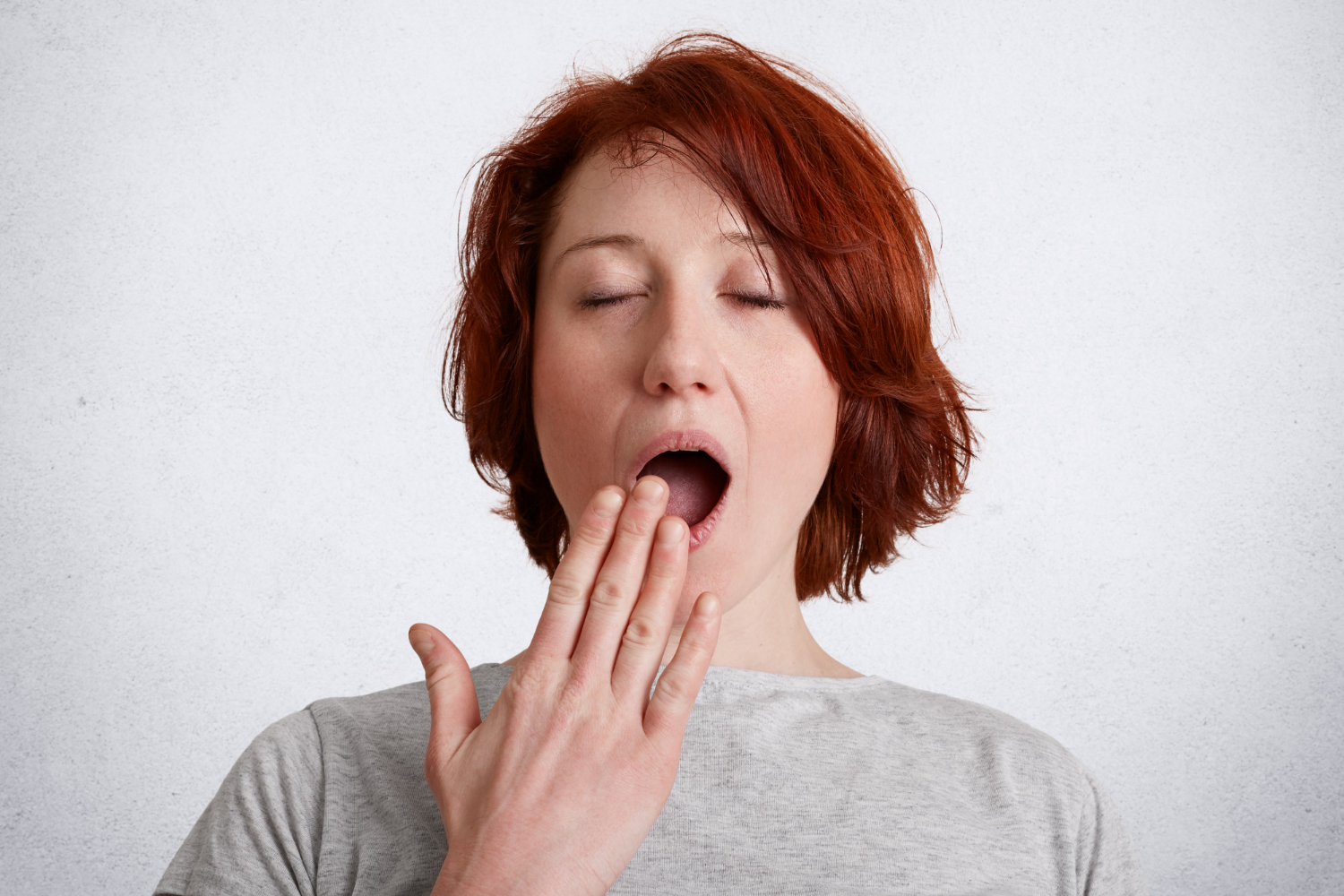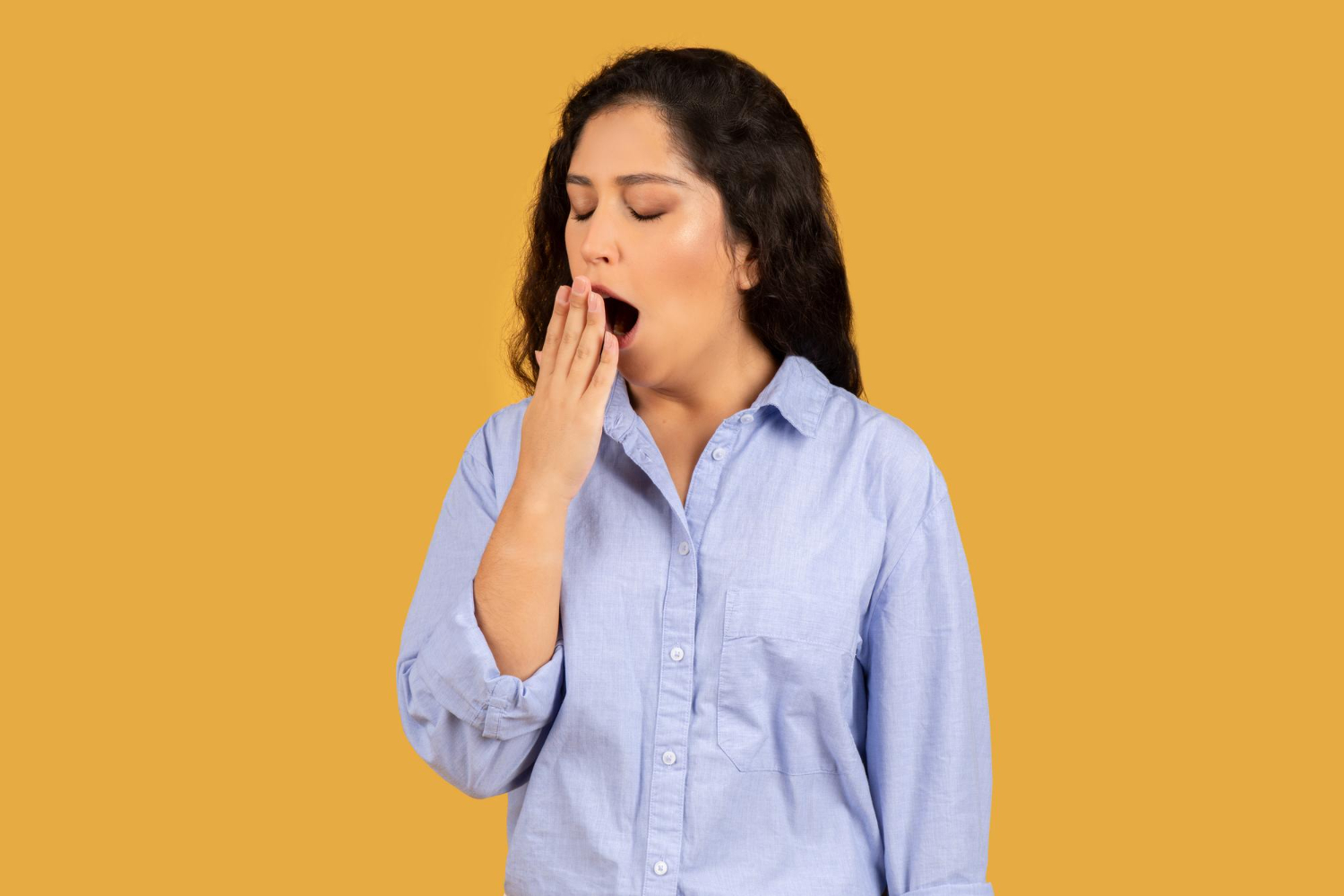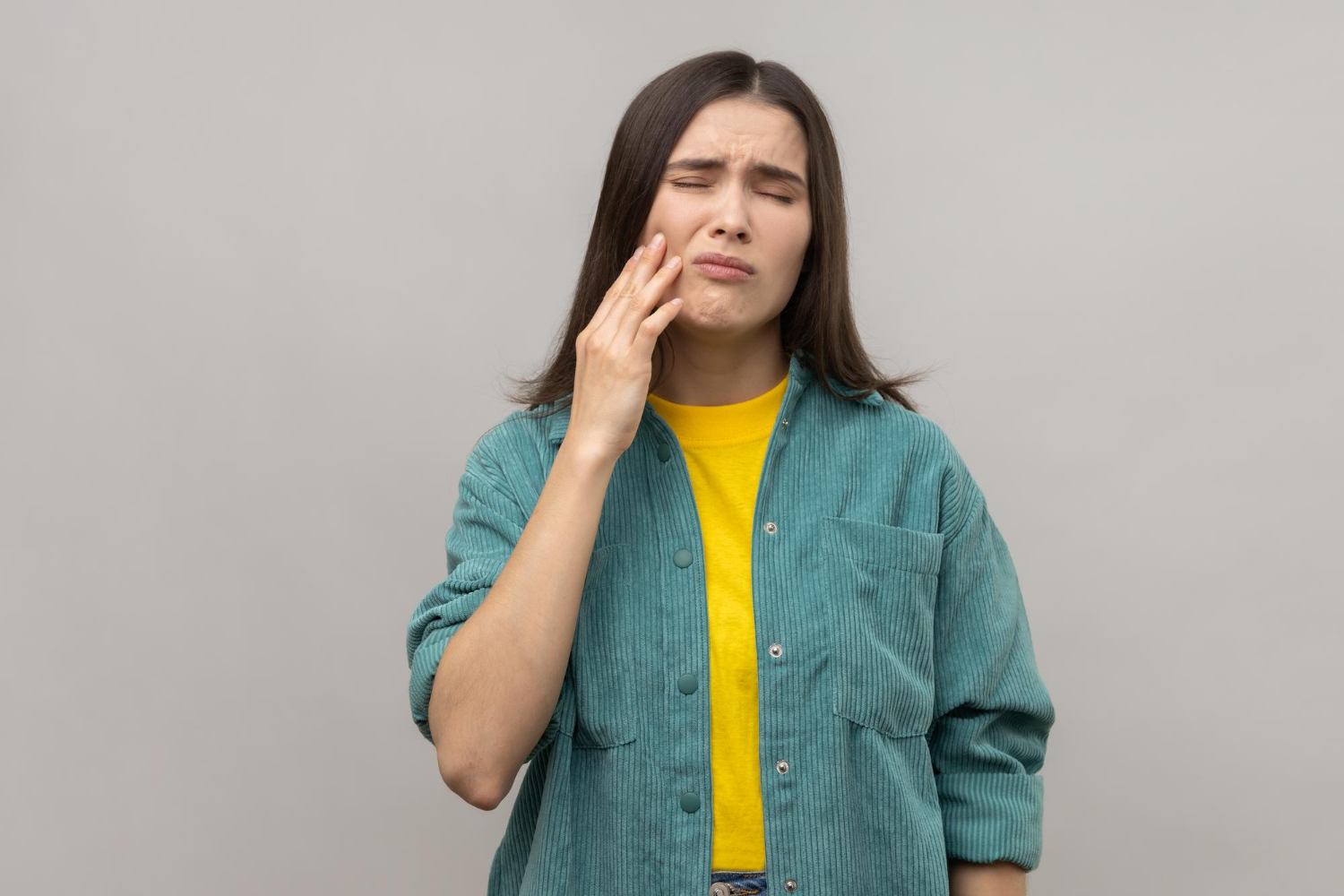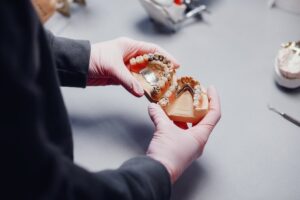Have you ever noticed whether you are breathing through your nose or mouth? People usually don’t pay attention to their breathing techniques because our bodies are meant to do it automatically. But taking a deep breath can be challenging for some people with sinus problems, asthma, or other issues.
While most people breathe through their nose, some also breathe through their mouth because of problems with their airways. If you breathe through your mouth while you sleep, you might notice some common issues like dry mouth, snoring, bad breath, and irritated gums. But did you know it can also make your teeth more likely to get cavities?
Signs You are Breathing Through Your Mouth

You might not know if you breathe through your nose or mouth, especially while you are asleep. But there are signs you can watch out for:
- Waking up with a dry mouth
- Snoring
- Bad breath
- Feeling foggy in the brain
- Lips feeling dry and cracked
- Getting cavities
- Having big tonsils
- Being tired all the time
- Crowded teeth
- Feeling sleepy during the day
Common Causes of Mouth Breathing

We’ve all been mouth breathers at some point, especially when we catch colds or allergies, and our noses feel blocked. But here we are talking about people who mostly breathe through their mouth instead of their nose.
This often happens because of health issues like:
- Enlarged or inflamed tonsils or adenoids
- Asthma or other serious breathing difficulties
- Severe allergies, chronic colds, or sinus problems
- A deviated septum (a nose structure issue)
- Growths like polyps or cysts in the airways
- Birth defects or abnormal airway development, including cleft lip and palate.
Why Breathing Through Your Mouth is Bad for Your Teeth?

Breathing through your mouth can leave you with a dry mouth and cause severe problems for your teeth.
A study published in BioMed Research International (BRI) found that tooth decay is one of the major issues caused by mouth breathing. The researchers examined people who breathed through their mouths and noses, respectively.
The ones who breathed through their mouth had more plaque on their teeth. They were also more likely to have lots of Streptococcus mutans bacteria, leading to tooth decay.
Some studies also mentioned that chronic mouth breathing could even affect your gums. When you breathe through your mouth, the air dries out your mouth tissues, making your gums red and swollen. Mouth breathing also affects how your teeth fit together.
Another study, in ACTA Otorhinolaryngologica Italica, found that kids who breathe through their mouths might end up with misaligned teeth.
How Does Mouth Breathing Contribute To Cavities?

When acids in your mouth wear away the enamel, the outer layer of your teeth, it causes tooth decay. These acids are made by bacteria that break down food and sugar. But your body fights back with this acid with the help of saliva.
Saliva helps balance the acid and wash away food and plaque, preventing cavities from forming. But saliva can’t do its job properly if your mouth is dry due to mouth breathing.
Scientists have found that people who breathe through their mouths have much more acid than those who don’t. And when there’s more acid, it can wear away enamel faster, leading to more cavities!
The Side Effects of Mouth Breathing on Oral Health

When you breathe through your mouth, you miss out on the natural benefits of breathing through your nose, like filtering particles and regulating air temperature. But there’s more than just comfort at stake. Mouth breathing can directly harm your teeth and gums.
1. Dry Mouth and Its Consequences
Mouth breathing often leads to a dry mouth, which is not good for your dental health. Saliva usually helps clean your mouth, neutralize acid, and strengthen your teeth. But when you breathe through your mouth, saliva dries up quickly, causing the following issues:
- Tooth Decay: Without enough saliva, teeth are more likely to get cavities.
- Gum Disease: A dry mouth gives bacteria a good place to grow, leading to gum problems.
- Bad Breath: More bacteria means more bad breath.
2. Developmental Issues in Children
Kids who breathe through their mouths for a long time might have unusual facial and dental growth. This can—
- Change in jaw shape
- Affect the alignment of the teeth
- Affect facial features and mouth structure
- Create problems with how their teeth fit together
3. Affecting the pH Balance of Your Mouth
Mouth breathing can create an imbalance in the pH level of your mouth, making it more acidic and damaging your teeth. Acid wears away enamel, weakening teeth and making them more likely to get cavities.
4. Potential Orthodontic Problems
Mouth breathing can change the structure of your mouth and jaw. This might mean you need braces to fix problems like crowded or crooked teeth.
Tips on How to Reduce the Risk of Tooth Decay from Mouth Breathing

- Address the Root Cause: Speak with your doctor and dentist to identify any underlying medical issues contributing to mouth breathing, such as sleep apnea, enlarged tonsils, or nasal congestion. Treating these conditions can help improve your breathing and lessen its impact on oral health.
- Maintain Good Hygiene: Even though you can’t control your mouth breathing while you sleep, you can still take steps to protect your teeth. Make sure to brush and floss thoroughly before bedtime to remove plaque, bacteria, and food particles that can contribute to decay. This is especially important since your mouth may become drier during the night, making it easier for bacteria to thrive.
- Use Fluoride Products: Incorporate extra fluoride into your oral care routine to strengthen your enamel and reduce the effects of acid in the mouth. You can use fluoride toothpaste or mouthwash or ask your dentist about professional fluoride treatments. These extra precautions can help protect your teeth against decay caused by mouth breathing.
- See a dentist regularly: Your dentist can track changes in your oral health and provide treatment as needed.
Remember, regular dental visits are essential for maintaining good oral health. Your dentist can monitor your teeth closely, catch cavities early, and provide personalized recommendations to address your specific needs.
With these strategies in place, you can take control of mouth breathing and protect your teeth from decay, ensuring a healthier smile for years to come!
Conclusion

Mouth breathing might not seem like a big deal, but it can seriously affect your oral health and how you feel overall. From making your mouth dry to causing problems with your teeth alignment, it’s crucial to deal with this habit. Improving nasal breathing and getting help for any underlying issues can keep your teeth healthy and your smile bright.
At Valley Ridge Dental, we help you overcome problems and maintain excellent oral health. Our experienced team of professionals can provide personalized guidance and specialized Myofunctional Therapy to address related concerns. So, the next time you notice breathing through your mouth, consider booking your appointment with us.
You can reach us at (651) 439 – 0322 or visit us at 12425 55th St N, Suite B, Lake Elmo, MN 55042.
FAQs
How does fluoride help prevent cavities?
Fluoride strengthens tooth enamel, making it more resistant to acid attacks from plaque and bacteria, thus reducing the risk of cavities.
Can adults fix mouth breathing?
Yes, adults can often stop breathing through their mouths by learning new habits, doing nose-breathing exercises, and getting medical help if needed. Consulting healthcare professionals is important to find the best solution.
Can mouth breathing cause bad breath?
Yes, mouth breathing can contribute to bad breath because it dries out the mouth, creating an environment where odor-causing bacteria thrive.





